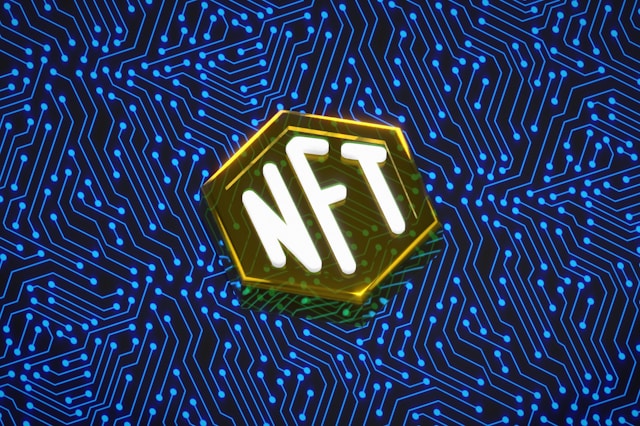The initial explosion of the NFT market was fueled by headlines of multi-million dollar digital art sales and celebrity-endorsed collectibles. While these high-profile events brought NFTs into the mainstream consciousness, they also created a somewhat narrow perception of what this technology can achieve. The future of NFTs, however, lies not in the crowded, speculative world of digital art, but in the untapped potential of niche marketplaces. These specialized platforms are poised to drive the next wave of NFT adoption by demonstrating their utility in a wide range of real-world applications.
The power of specialization cannot be overstated. While large, generalized marketplaces like OpenSea serve as a “digital everything store,” they often lack the focus and tailored features required for specific industries. Niche marketplaces, on the other hand, can cater to the unique needs of a targeted audience, fostering a stronger sense of community and higher user engagement.
- Targeted Community Building: A niche marketplace for, say, vintage comic book NFTs, can create a vibrant community of passionate collectors who share a common interest. This is far more effective than trying to capture the attention of a general audience on a massive, undifferentiated platform.
- Reduced Competition: By focusing on a specific vertical, niche marketplaces face less competition and can more easily establish themselves as the go-to destination for their target users.
- Tailored Features: A marketplace for real estate NFTs will require very different features than one for music royalties. Niche platforms can be designed from the ground up with the specific needs of their assets and users in mind.
The potential use cases for niche NFT marketplaces are virtually limitless. Imagine, for instance:
- Real Estate: Fractional ownership of properties, allowing smaller investors to participate in the real estate market.
- Intellectual Property: A marketplace where inventors can license and manage their patents, or where musicians can sell fractional ownership of their song royalties.
- Gaming: In-game assets, such as rare weapons, characters, and virtual land, can be traded securely and transparently.
- Academic Credentials: Verifiable, tamper-proof, and easily transferable digital diplomas and certificates.
For entrepreneurs and businesses looking to venture into these exciting new markets, the barrier to entry has been significantly lowered by the advent of white label NFT marketplace development. Instead of building a complex platform from scratch, which can be time-consuming and expensive, a white label solution provides a ready-made, customizable foundation. This allows founders to focus their resources on what truly matters: building a strong community and curating a unique collection of assets.
In conclusion, while the initial NFT hype may have subsided, the underlying technology is more relevant than ever. The future of the NFT market lies in specialization, and niche marketplaces will be the driving force behind the next wave of innovation and adoption.
